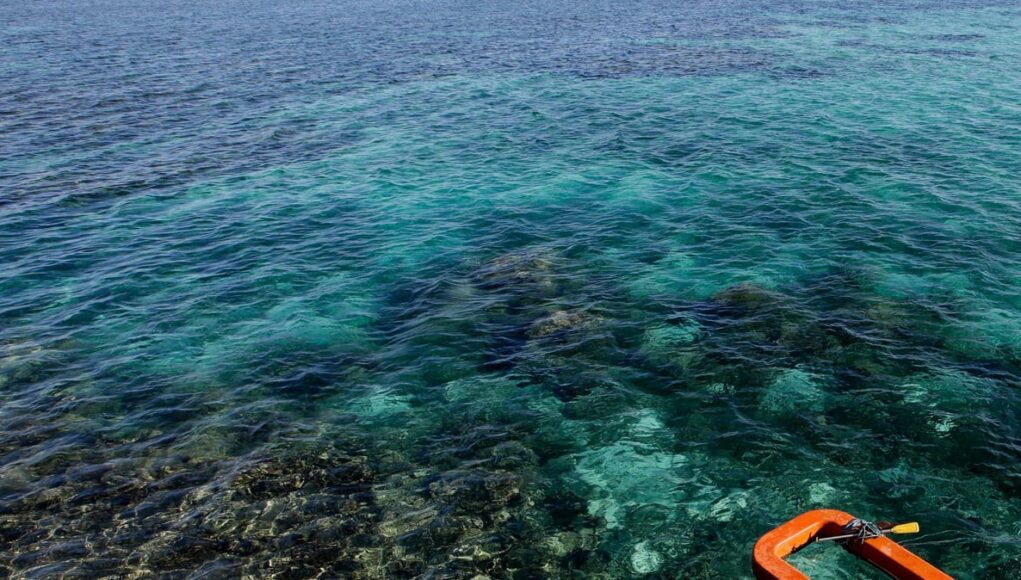Source : NEW INDIAN EXPRESS NEWS
Firms investing heavily to explore the seabed for valuable minerals have criticized long delays in crafting deep-sea mining rules, urging an international oceans watchdog in a letter this week to pass regulations this year.
Under the UN Convention on the Law of the Sea, the International Seabed Authority (ISA), based in Jamaica, is responsible for both protecting the seabed in areas beyond national jurisdictions and for overseeing any exploration or exploitation of coveted mineral resources in those zones.
The ISA’s Council, which for now only grants exploration contracts, has been drawing up commercial exploitation rules for more than a decade.
Since July 2023, due to a legal clause invoked by the tiny Pacific island nation of Nauru, and despite the lack of rules, any country can apply for a mining contract on behalf of a company it sponsors.
The Council is aiming to adopt a mining code this year that would end the legal vacuum, establishing rules for scraping the ocean floor for minerals like nickel, cobalt and copper, which, according to some companies, are crucial for a global transition to renewable energy.
But “there are no guarantees that the Exploitation Regulations will be adopted in 2025, placing contractors (companies with exploration contracts) in an increasingly difficult position,” wrote eight firms in a letter to the ISA Council this week which was obtained by AFP on Friday.
The companies include Nauru Ocean Resources Inc., a subsidiary of Canada’s The Metals Company (TMC), which expects to file its first exploitation application in June.
“With this letter, we wish to express our concerns regarding the delay in the transition to the exploitation phase,” the firms wrote, calling on the Council to finalize regulations in 2025.
They said they have made investments based on “legitimate expectations” that relied on the legal framework of the ISA, which provides for a transition from exploration to exploitation rules.
The firms said their collective investments amounted to around $2 billion for the exploration of deep-sea mineral resources, the acquisition of environmental data, and the development of mining and processing technologies.
The “prolonged delay” in adopting the mining code and the “potential willingness of the ISA, including some of its member States, to not comply with this Legal Framework and fulfil those expectations is deeply concerning,” the companies said.
Without mining regulations, the firms “face escalating legal and financial risks that were not foreseen or expected at the time we made our investments,” the letter says, denouncing the “unfair burden.”
About 30 countries, of the 169 ISA member states, have called for a moratorium on deep-sea mining, with NGOs and scientists warning of the potential risks posed by the activity to little-understood undersea ecosystems.
SOURCE :- NEW INDIAN EXPRESS







